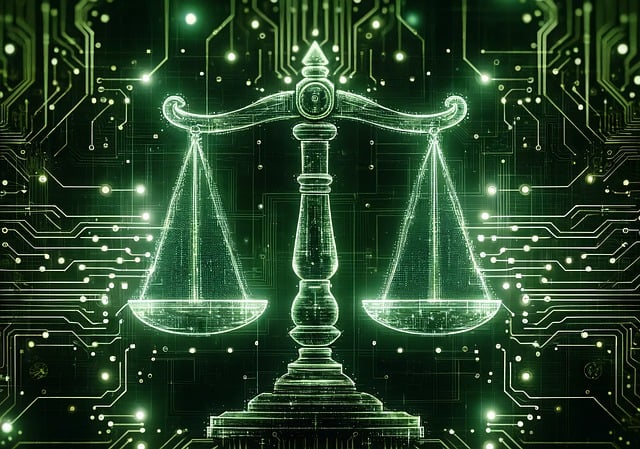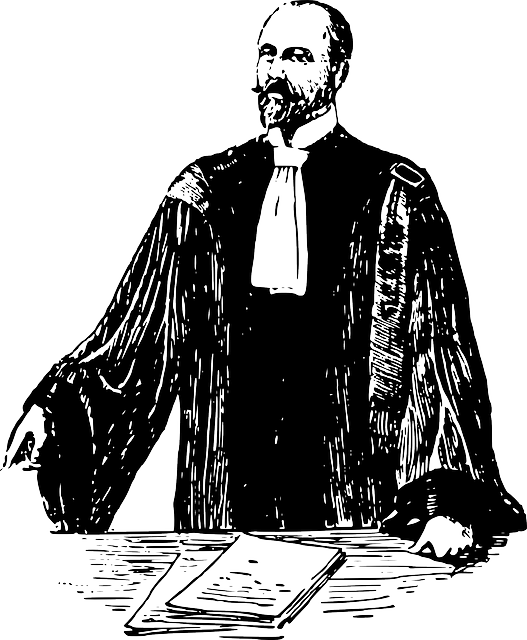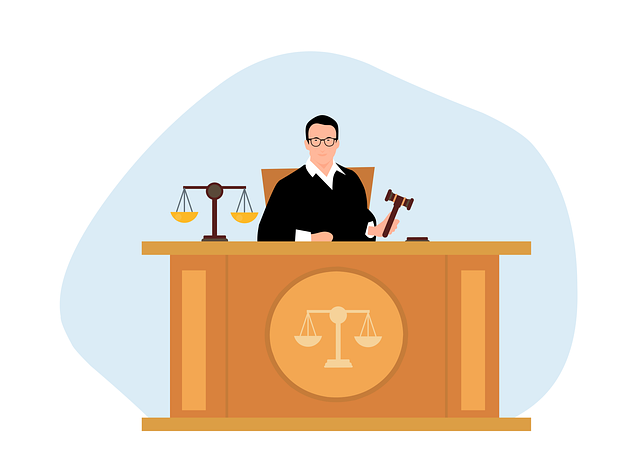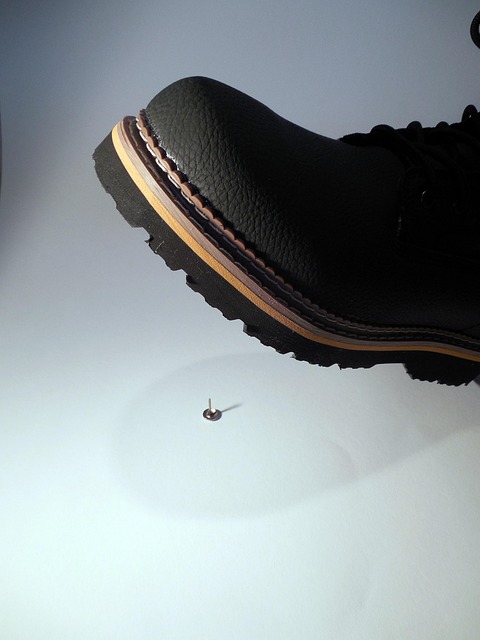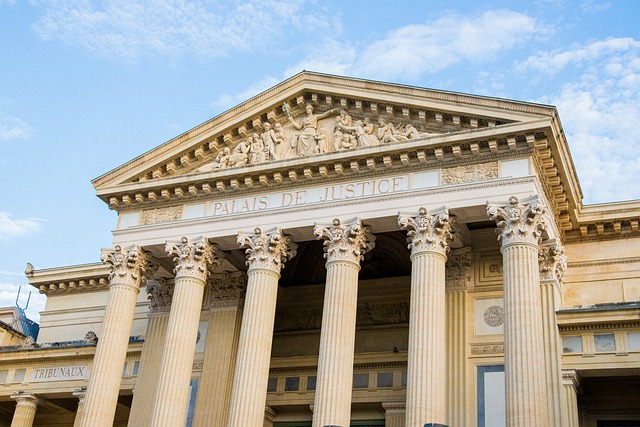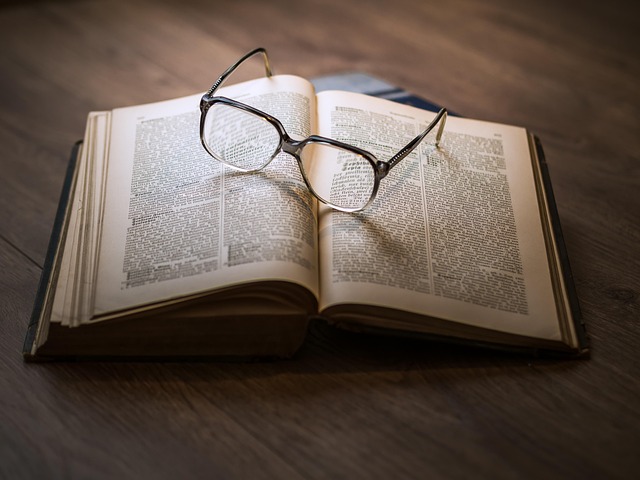Hotel slip and fall incidents require meticulous evidence collection and legal strategy for successful claims. Lawyers navigate complex negligence cases by gathering witness statements, medical records, security footage, and expert opinions to prove fault. They analyze maintenance protocols and safety measures, demonstrating the hotel's liability through strategic evidence presentation, ultimately aiming to secure compensation for injured guests.
“Hotel slip and fall incidents are complex legal matters, with significant implications for both guests and establishments. Understanding how lawyers navigate these cases is crucial. This article delves into the strategic proof of fault, offering a comprehensive guide for legal professionals. We explore the role of evidence in establishing liability, dissecting key components essential to success. From initial assessment to court presentations, discover the nuances of hotel slip and fall litigation, empowering attorneys to advocate effectively.”
- Understanding Hotel Slip and Fall Incidents: A Legal Perspective
- The Role of Evidence in Proving Fault: Key Components
- Strategic Approaches to Establish Liability in Court
Understanding Hotel Slip and Fall Incidents: A Legal Perspective
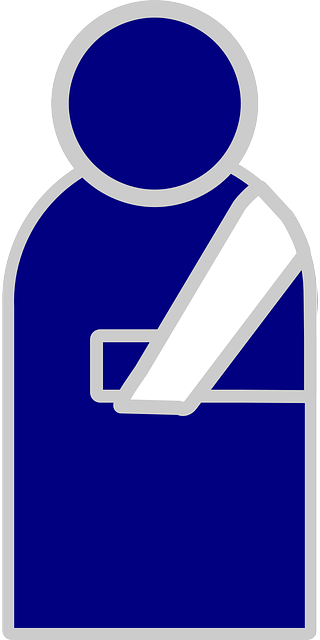
Hotel slip and fall incidents are a significant concern from both guest safety and legal perspectives. When a visitor suffers an injury due to a fall in a hotel or resort, establishing fault becomes a critical aspect of legal proceedings. In such cases, lawyers play a pivotal role in navigating the complexities of proving negligence. These incidents often involve intricate circumstances, including unsafe conditions, maintenance protocols, and guest responsibility.
From a legal standpoint, understanding these cases requires examining various factors. An accident lawyer will delve into issues like inadequate safety measures, poorly maintained premises, or misrepresented security standards. Medical malpractice and medical negligence may also be in play if the injury results in prolonged health issues or requires extensive medical care. Proving fault involves presenting evidence, witness testimonies, and expert opinions to demonstrate that the hotel’s actions (or inaction) led to the guest’s slip and fall accident.
The Role of Evidence in Proving Fault: Key Components
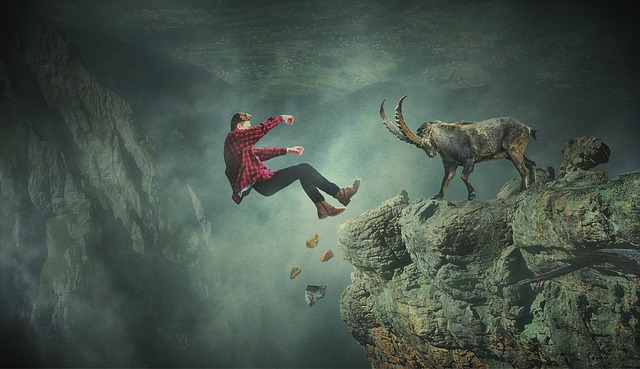
In a hotel slip and fall case, evidence plays a pivotal role in proving fault. The key components include documenting the incident scene with detailed photographs and videos, collecting statements from witnesses, and gathering medical records that outline the extent of injuries sustained. These pieces of evidence are crucial for establishing a clear timeline of events, identifying negligence on the part of the hotel staff or property owners, and quantifying the damages incurred by the victim.
Additionally, legal professionals may introduce expert testimony to reinforce their case. For instance, an expert in premises liability can offer insights into industry standards for maintaining safe environments and whether these standards were met at the hotel. This strategy is particularly effective when comparing the hotel’s maintenance practices with those of similar establishments to demonstrate negligence or deliberate disregard for safety protocols, which are often the hallmarks of a compelling hotel slip and fall case.
Strategic Approaches to Establish Liability in Court
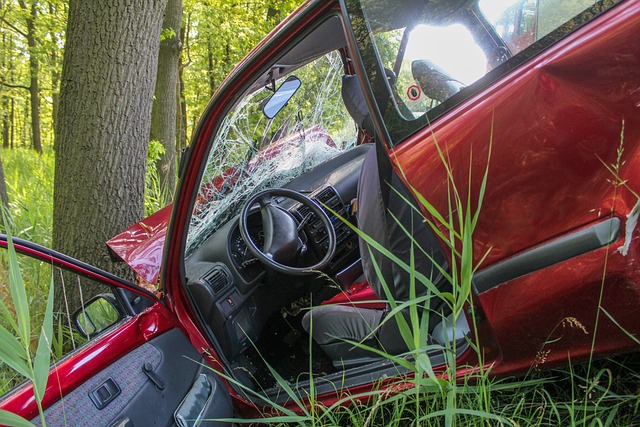
When representing clients in hotel slip and fall cases, lawyers employ strategic approaches to establish liability in court. The first step involves gathering comprehensive evidence, including security footage, witness statements, and expert opinions, to reconstruct the incident accurately. This detailed investigation is crucial for pinpointing negligence on the part of the hotel management or staff.
Additionally, legal professionals leverage their knowledge of business litigation and slip and fall laws to challenge the hotel’s defense. They may scrutinize maintenance records, employee training protocols, and safety measures in place, demonstrating either a lack of care or intentional disregard for guest safety. By presenting this evidence persuasively, lawyers increase the chances of securing compensation for their clients, ensuring justice is served in these often-complex legal matters.
Hotel slip and fall incidents can have significant legal implications, and understanding how to prove fault is crucial for both victims seeking compensation and lawyers advocating on their behalf. By strategically gathering and presenting evidence, such as security footage, witness statements, and expert opinions, lawyers can effectively navigate these complex cases and establish liability in court. This comprehensive approach ensures that justice is served, providing a fair outcome for those injured due to a hotel’s negligence.
